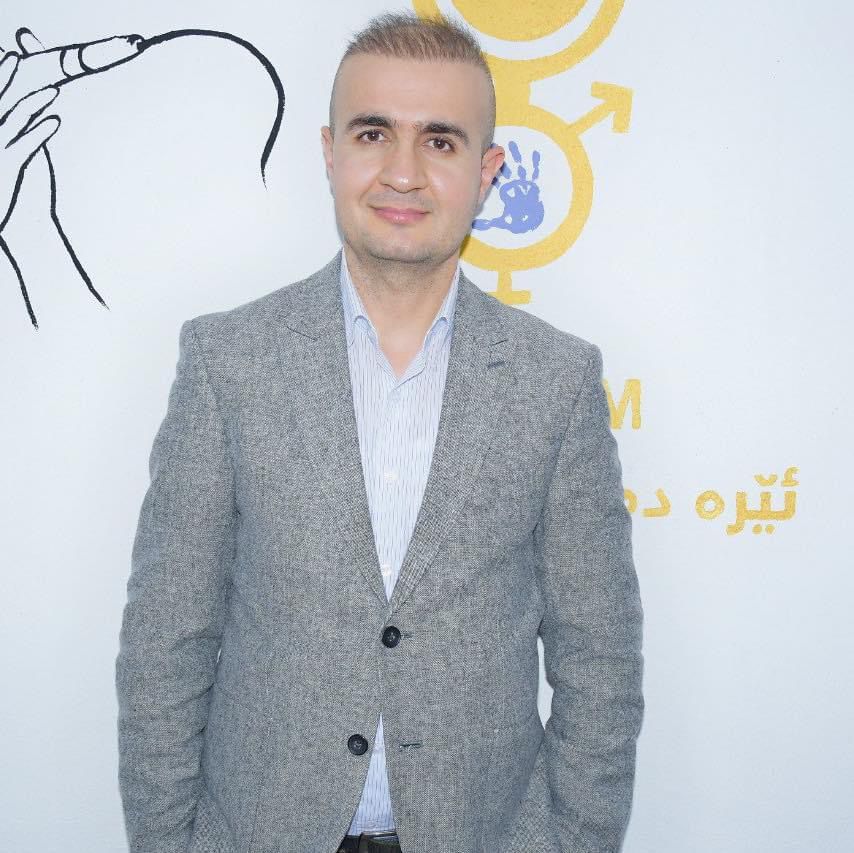By Payraw Anwar
The Kurdistan Region of Iraq has long played a key role in ensuring security and stability within the region. But what does this actually mean? To understand this, we need to examine the situation at both the domestic and regional levels.
Following the collapse of the Ba’ath regime in 2003 by the U.S.-led coalition, a new Iraqi state was established. This new political structure was based on a power-sharing system and a model of consociational democracy. Within this framework, the KR was officially recognized as a federal region within the newly formed federal state of Iraq.
This legal recognition marked a significant shift for the Kurdistan Region — from de facto autonomy to de jure status. As a result, the region was granted constitutional rights and authorities, including the ability to maintain its own security apparatus and operate a distinct political system.
Since then, conflicts between Shiite and Sunni groups in Iraq have erupted over power and control in political, economic, diplomatic, and military spheres. As part of the post-2003 power-sharing arrangement, Sunni representatives assumed leadership of the Parliament, while the Shiite majority secured the Prime Minister’s office along with control over most bureaucratic institutions and sovereign positions—including foreign relations, natural resources, and the military. However, these power struggles have remained unresolved to this day.
Amid this ongoing tension, the Kurdistan Region of Iraq emerged as a safe haven and has played a constructive role in maintaining security and mediating between rival sides. Notably, following the disputed general elections in 2010 and the political deadlock over forming a new cabinet, the KR acted as a key mediator, facilitating negotiations that eventually led to the formation of a new government several months later.
What Does the Key Role of the Kurdistan Region Tell Us?
The key roles of the Kurdistan Region in the post-2003 political landscape showcases several critical insights about the structure and challenges of the Iraqi state as follows:
1. The New Iraqi State Relies on KR for Balance and Stability
The development of Iraq’s political system, its power dynamics, and the progress of democratic governance would be significantly hindered without the active role of the KR. The region has functioned as a crucial balancing force between both Sunni and Shiite blocs, especially during moments of national tension and political deadlock.
2. Inclusive Governance Is Essential for a Diverse and Multi-cultural Society
Iraq is a multi-ethnic and multi-sectarian society, comprising both majority and minority ethno-religious groups. Governance based on majority dominance has repeatedly failed, as seen throughout the last century. Instead, a governance model rooted in partnership, balance, inclusion, and mutual respect—especially respect for the Kurdish identity and rights as a distinct ethnic group—is key to fostering true democracy and peaceful coexistence in the country.
3. KR’s Contribution to Iraq Goes Beyond Politics
The KR has been a source of stability, security, and economic opportunity. Its legal recognition, diplomatic engagement, and geographic positioning have made it a safe and attractive destination for tourism and investment. The region regularly welcomes hundreds of thousands of Iraqi tourists, particularly during holidays, reflecting its role as a peaceful and welcoming part of rest of Iraq.
In conclusion, the Kurdistan Region stands as a cornerstone in the making of a new, federal Iraq. Its continued engagement and inclusion are vital for ensuring Iraq’s unity, security, and democratic future.

